SPARCA 2022 Conference
SPARCA 2022
2022 Symposium for the Promotion of Applied Research Collaboration in Asia
Feb 25-28, 2022
online
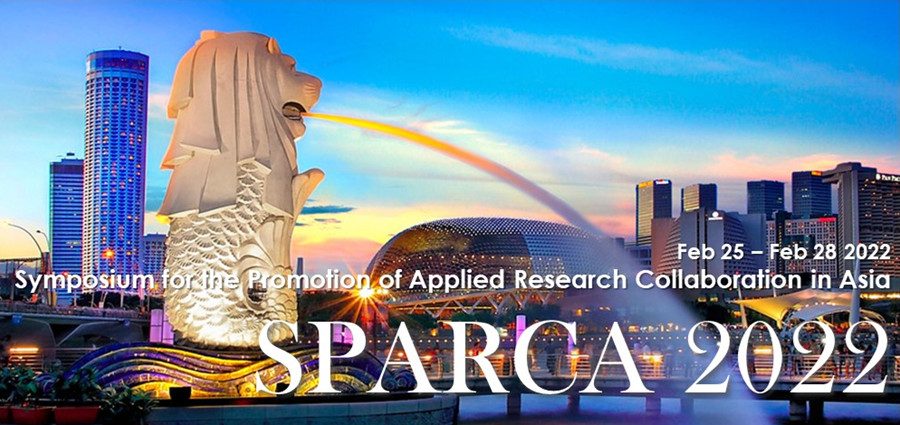
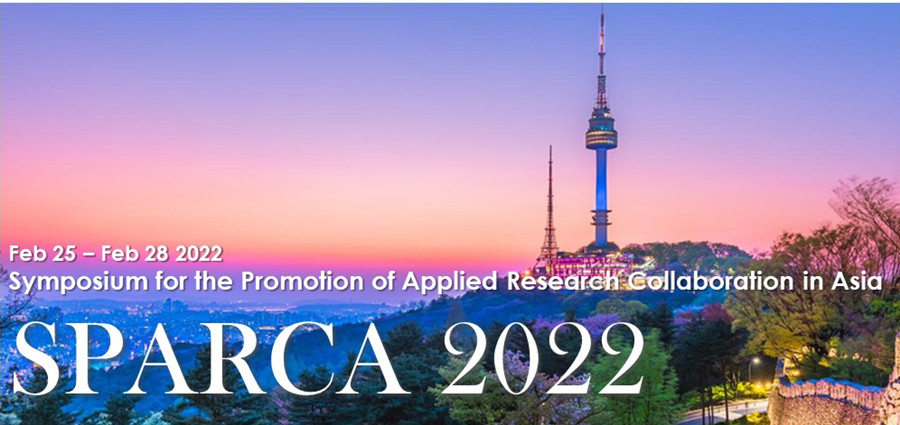
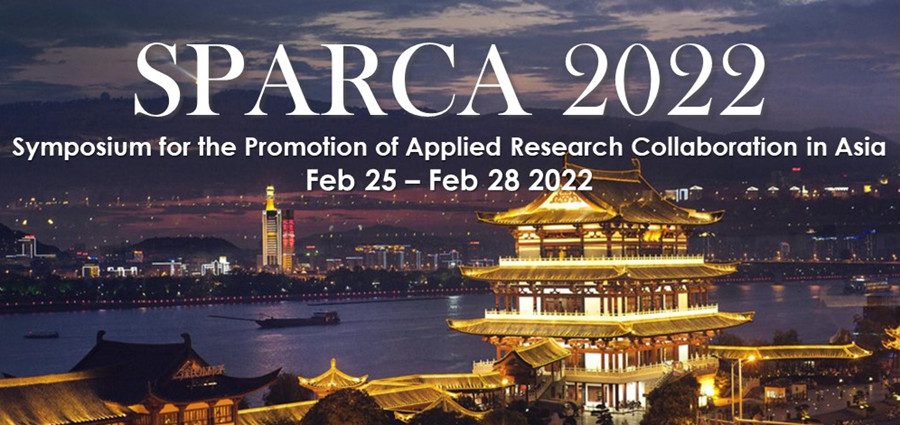
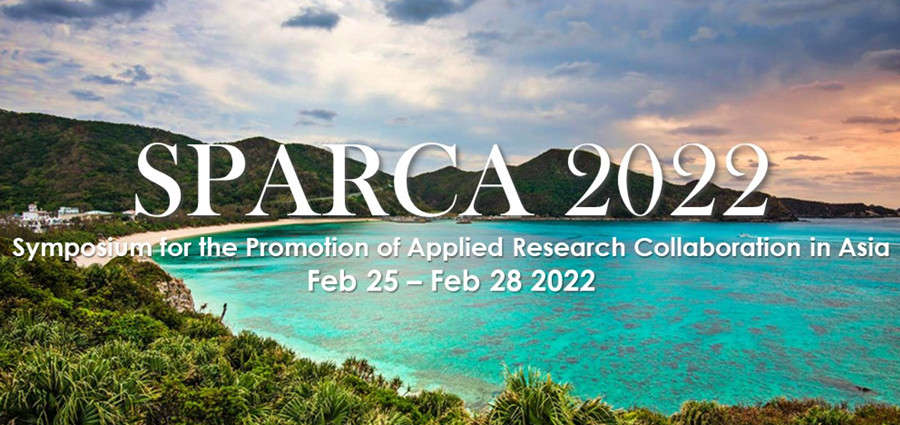
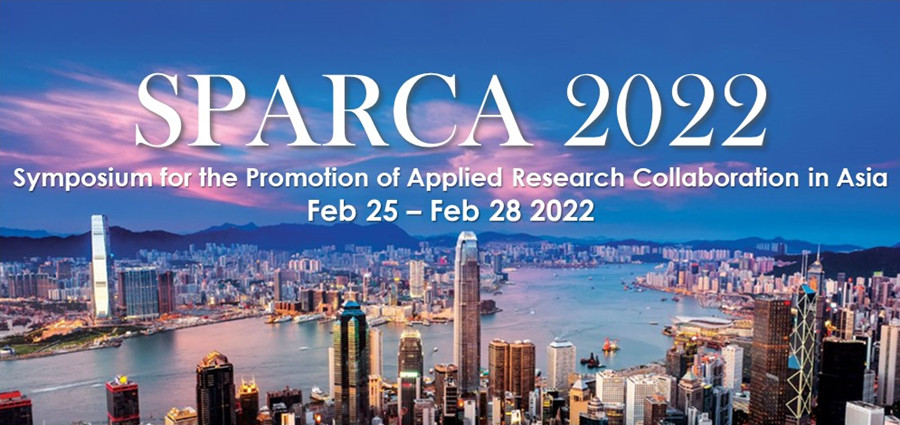
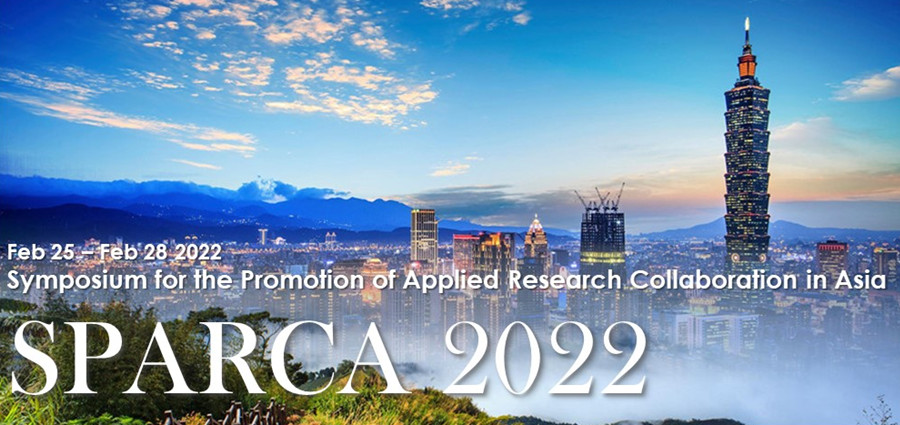
About the Event
Dear Colleagues and Friends,
2022 Symposium for the Promotion of Applied Research Collaboration in Asia (SPARCA 2022) will be held during Feb 25-Feb 28 2022.
SPARCA is being held every year and intends to provide a platform for the exchange and networking between top scientists, emerging young researchers, and students across a wide spectrum of materials science and engineering. We would like to invite you to participate in SPARCA 2022. Your active participation is the key to the success of this conference.
Yours Sincerely,
SPARCA 2022 Conference Committee
Conference Topics
1. Structure Materials and Functional Coatings (metals, ceramics, and composites)
Prof. Shigeo AKASHI (Tokyo University of Science, JP)
2. Materials for Energy (saving, conversion, transfer, storage) and Environment plus Electrochemistry
2-1. Photovoltaics
2-2. Rechargeable Batteries and Fuel Cells
2-3. Materials for Thermal Management and Thermal Energy Utilization
Dr. Yingxue SONG (Beihang University, CN)
2-4. Materials for Energy and Environmental Applications
Prof. Kazuhiro YAMAMOTO (Nagoya University, JP)
3. Optics and Photonic Materials
Prof. Shih-Chieh HSU (Tamkang University, TW)
4. Electronics, Magnetics and Nanomaterials
5. Polymer Science and Molecular Chemistry
Prof. Dong-Pyo KIM (Pohang University of Science and Technology , KR)
6. Organic Materials and Biomaterials
Prof. Yung-Kang SHEN (Taipei Medical University, TW)
Prof. Hadinoto Kunn ONG (Nanyang Technological University, SG)
7. Theory, Characterization and Computational Modeling of Materials
Highlighted Presentations for SPARCA 2022
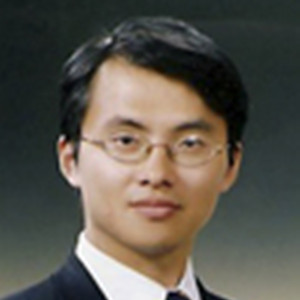
Prof. Jin Won PARK
Seoul University of Science and Technology
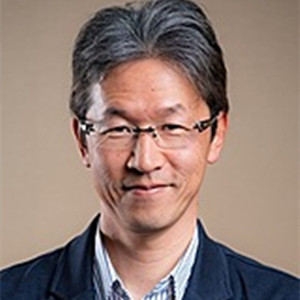
Prof. Kohsaku KAWAKAMI
National Institute for Materials Science
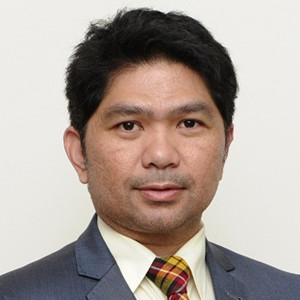
Prof. Mohd B.A. RAHMAN
University Putra Malaysia
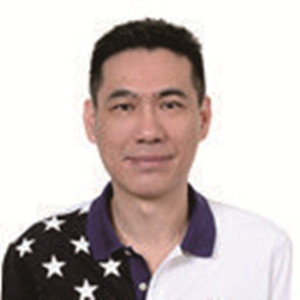
Prof. Yung Kang SHEN
Taipei Medical University
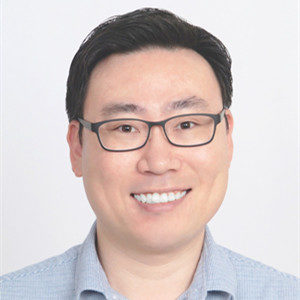
Prof. Young-Ki KIM
Pohang University of Science and Technology
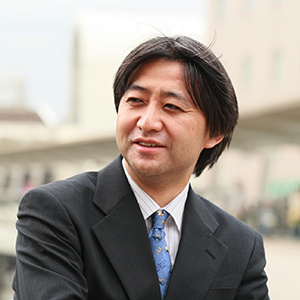
Prof. Kazuhiro YAMAMOTO
Nagoya University
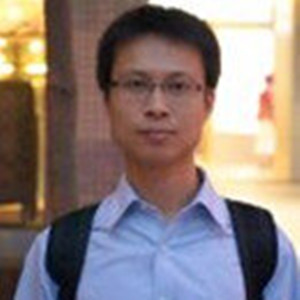
Prof. Shih-Chieh HSU
Tamkang University
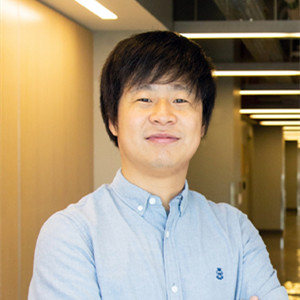
Prof. Kyoseung SIM
Ulsan National Institute of Science and Technology
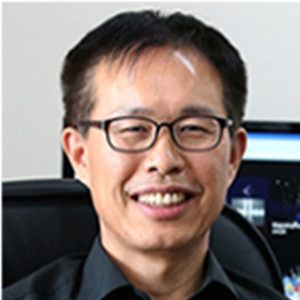
Prof. CheolGi KIM
Daegu Gyeongbuk Institute of Science and Technology
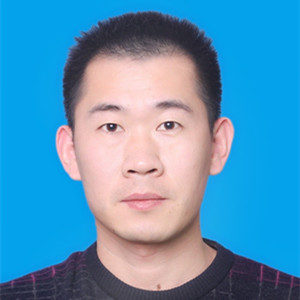
Prof. Qinghe YU
GRIMAT Engineering Institute Co., LTD.
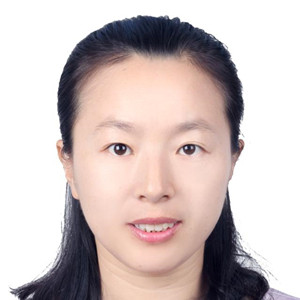
Prof. Xiaoli WANG
Jiangsu Ocean University
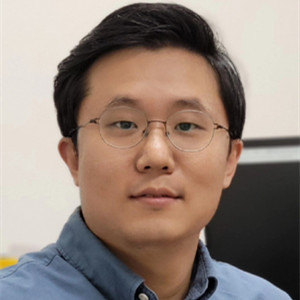
Prof. Dae Seok KIM
Pukyong National University
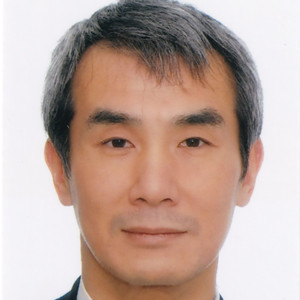
Prof. Shoji MATSUMOTO
Chiba University
Photo Album from SPARCA Conference Series
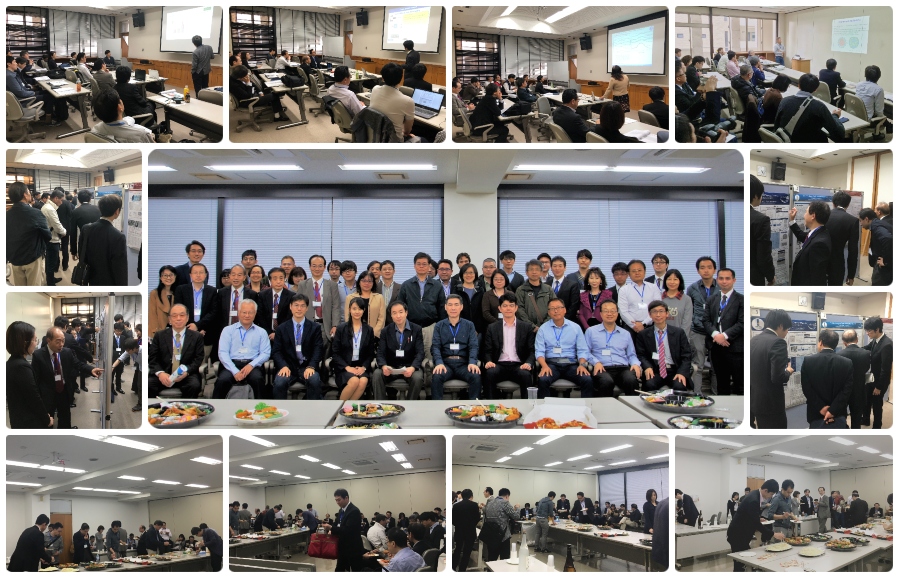
Event Schedule
| Beijing/Taipei/Singapore/Hong Kong | Tokyo/Seoul | FRI, 02/25 | SAT, 02/26 | SUN, 02/27 | MON, 02/28 |
| 9:30-12:00 | 10:30-13:00 | Oral Presentation | |||
| 12:00-13:00 | 13:00-14:00 | Break | |||
| 13:00-16:00 | 14:00-17:00 | Oral Presentation | |||
About the Organizers and Sponsors
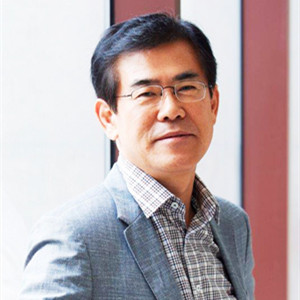
Prof. Dong-Pyo KIM
Pohang University of Science and Technology
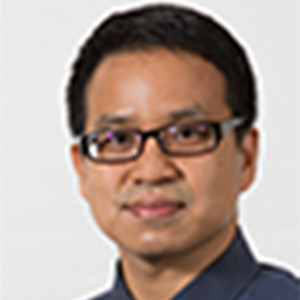
Hadinoto Kunn ONG
Nanyang Technological University

Prof. Yung-Kang SHEN
Taipei Medical University
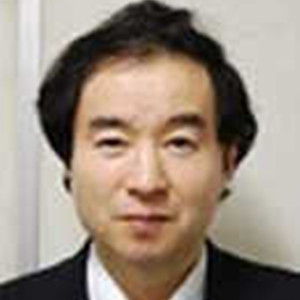
Prof. Shigeo
AKASHI
Tokyo University of Science

Prof. Shih-Chieh
HSU
Tamkang University
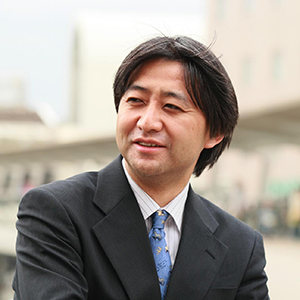
Prof. Kazuhiro YAMAMOTO
Nagoya University
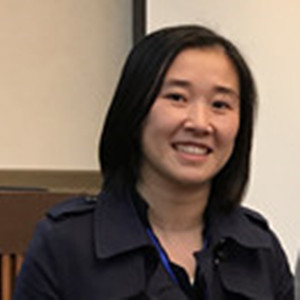
Dr. Yingxue SONG
Beihang University
Call for the abstract
Guidelines for the Individual Abstract Structure:
1. Title of presentation: Please choose a brief title (maximum of 100 characters) that clearly indicates the content of the contribution. Please avoid abbreviations in the title. Abbreviations may be used in the text if they are defined when first used.
2. Preference: For presentation in a poster session, oral session or both.
3. Session: Please choose one of the sessions.
4. Principal author: Name, title, email address and affiliation information. In instances of multiple authorship, the person whose name is listed first is expected to deliver the presentation.
5. Co-authors: Their names, title, email address, their institution/business information.
6. Abstract: Please ensure that your abstract contains no more than 300 words. Please avoid diagrams, illustrations, tables, references or graphics in the abstract. Provide maximum relevant information in the abstract and if the subject matter is empirical, the following structure is obligatory: The objective, methods, results, conclusions.
